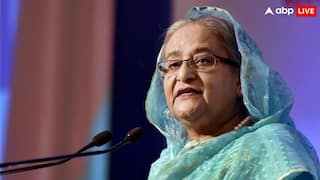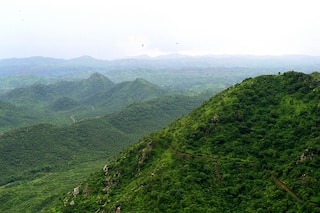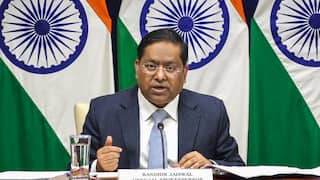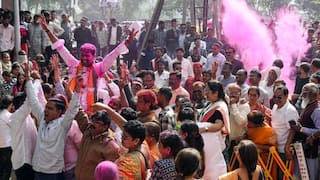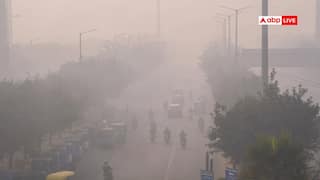International Day Of Democracy 2022: All You Need To Know - Date, History And Significance
Democracy is a system of government in which individuals have the ability to make decisions for themselves, either through their elected representatives or directly.

New Delhi: Every year on September 15, the United Nations observes the International Day of Democracy to honour this type of governance and its achievements. Democracy is probably the most popular form of governance in the world is democracy.
It is a system of government in which individuals have the ability to make decisions for themselves, either through their elected representatives or directly. As a result, citizens enjoy legislative authority in this manner.
International Day of Democracy: Celebrations in the year 2022
The International Day of Democracy 2022 Theme is “To uphold and promote the principles of democracy”.
This year, the UN Office for Partnerships will join with the UN Democracy Fund to hold a conversation in the SDG studio as part of the SDG Roundtable series to commemorate International Democracy Day. The discussion will highlight why media freedom is such an important component of a functioning democracy. Furthermore, it will present and debate options for achieving SDG 16 - Peace, Justice, and Strong Institutions.
International Day of Democracy: History
In 2007, the United Nations General Assembly declared September 15 to be the International Day of Democracy and voted a resolution in favour of the world's new and restored democracies.
The day is mostly based on the Universal Declaration of Democracy, which was approved on September 15, 1997, by the Inter-Parliamentary Union (IPU), an international association of national legislatures from across the world.
Some individuals date the day back to 1988, when Philippine President Corazon C. Aquino started International Conferences on New and Restored Democracies.
Qatar hosted the ICNRD-6 in 2006 and afterward pushed the resolution for the International Day of Democracy in the United Nations General Assembly.
International Day of Democracy: Features of Indian Democracy
India is the world's largest democracy, with one of the world's largest voting populations. The following are characteristics of Indian democracy:
- India is one of the countries with an independent judiciary, which is not influenced by the ruling administration. The judiciary is independent of the legislative and the executive.
- The rule of law exists in our democracy. It denotes the supremacy of the law over all else. Law cannot be compromised under any circumstances.
- Unlike many other nations, India has a written constitution that explicitly defines the rights, freedoms, and obligations of citizens and branches of government, as well as the constraints for governments to work within.
- India has a federal system which is a form of government where the powers have been divided between the centre and the states.
- In Indian democracy, the Council of Ministers, both at the state and national levels, is collectively responsible to their respective legislatures. No minister is solely accountable for any government action. All operations are overseen by the whole council of ministers.
International Day of Democracy: Significance
The International Day of Democracy allows us to recognise and appreciate our democratic society. People who live in a free society have a tendency to take their liberties for granted. However, when freedom is not present, life presents inexplicable problems.
Democracy is a process as well as a goal, and the ideal of democracy can only be realised with the full participation and support of the international community, national governing bodies, civil society, and people.
It works both ways given that the principles of liberty, respect for human rights, and the notion of having periodic and real universal suffrage elections are key components of democracy while democracy, in turn, creates a natural environment for the preservation and effective fulfillment of human rights.





























